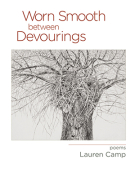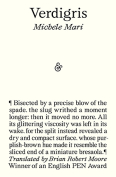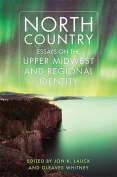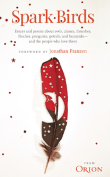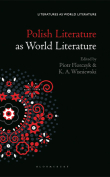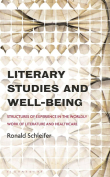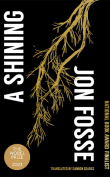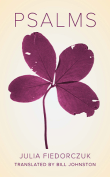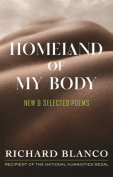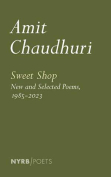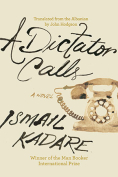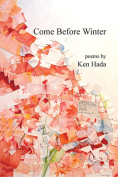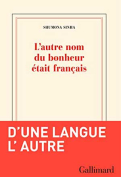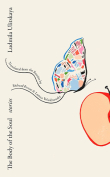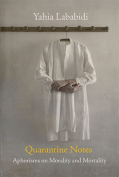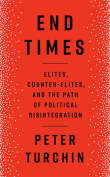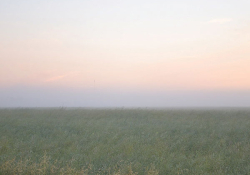Worn Smooth between Devourings by Lauren Camp
 Beacon, New York. NYQ Books. 2023. 73 pages.
Beacon, New York. NYQ Books. 2023. 73 pages.
I do not know of a word that encompasses the feelings of grief, anxiety, and utter calmness in one collected idea, but Lauren Camp has created a need for it in her latest book of poetry, Worn Smooth between Devourings. This book delves into the despair of the mundane: grocery lists, refrigerator magnets, a dog’s tongue, and the number of birds in a tree. The stillness of these reflections becomes abysmal, or absurd, or both; as she says in the poem “For Sale,” “I think we all want / to conjure new ways to loop / from daily rituals.”
It’s the complacent comfort that brings the hint of unease throughout this collection; the pain of knowing one’s day-to-day life is not left wanting for food, shelter, or safety, and yet across the world there is endless suffering, as the speaker of the same poem prophetically asks, “Did you know there is new violence / in Gaza, people throwing burning tires and rocks?” The speaker reminds her reader just how delicately balanced this world is, for better or worse. She expresses the kind of despair one experiences for feeling helpless in the face of others’ suffering. This is where white noise becomes a survival mechanism: the counting of birds in a tree, or taking advice from magnets: “My magnets tell me to expect nothing, / to never stop wanting. They repeat every day.”
These poems offer strange comfort through the recounting of daily rituals, as we collectively worry about wars overseas and the next big news story. And there is comfort in reading the words the way Camp has written them in this book: austere, yet flush with emotion; deeply tragic, yet fulfilling. In her poem “White Chalet Bird House,” Camp writes, “I used to be grateful / for proof, but now want something less narrow to settle in,” and after recounting violent news stories, “I cannot sleep / through any more slaying.”
There is a steady breeze that flows through these pages, and they give ease to the dis-ease of life and distraction from a persistent existential drift. It is truly mind-bending how poetry can not only shine light in our darknesses but also completely tear us down in grief, and I wonder how it is that I feel so strangely at peace reading Worn Smooth between Devourings.
Sarah Rebecca Warren
Dallas, Texas

